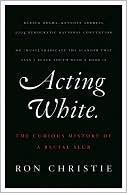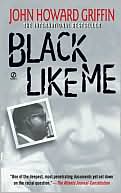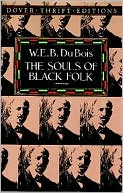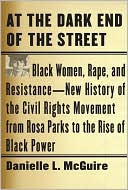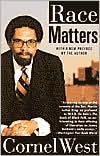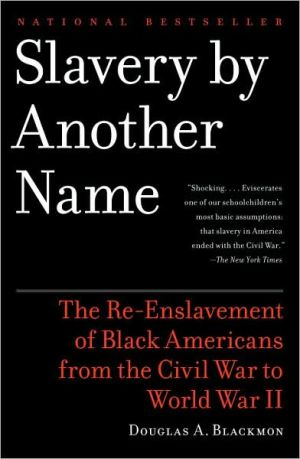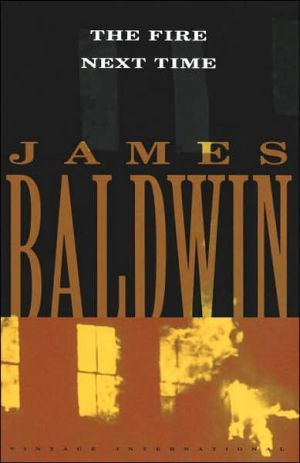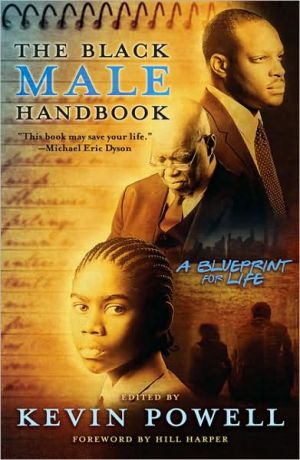Acting White: The Curious History of a Racial Slur
Search in google:
In the tradition of Randall Kennedy’s Nigger and Shelby Steele’s The Content of Our Character, Acting White demonstrates how the charge that any African-American who is successful, well mannered, or well educated is “acting white,” is a slur that continues to haunt blacks. Ron Christie traces the complex history of the phrase, from Uncle Tom’s Cabin to the tensions between Martin Luther King, Jr., and Malcolm X to Bill Cosby’s controversial NAACP speech in 2004. The author also writes candidly of being challenged by black students for his “acting white,” and also of being labeled a race traitor in Congress by daring to be Republican. This lucid chronicle reveals how this prevalent put-down sets back much of the hard-earned progress for all blacks in American society. Deftly argued and determinedly controversial, this book is certain to spur thoughtful discussion for years to come.Publishers WeeklyChristie (Black in the White House) aspires to construct a historical account of the pejorative "acting white" and dismantle its legitimacy. He traces the roots of the phrase back to Uncle Tom's Cabin, which "planted the seeds of the idea that black inferiority is the result of blacks seeking favor with whites," but he points to the Black Power movement as the real culprit in propagating the "acting white" slur. While figures such as Homer Plessy and W.E.B. Du Bois stand out for their efforts to achieve political representation for blacks, others such as Marcus Garvey criticized those intentions as opportunities for "acting white." Christie cites Malcolm X, Martin Luther King Jr., and President Obama as examples of why "hard work, dressing well, speaking well, and ambitiously pursuing a fulfilling life is not a ‘white' thing." However, the book becomes less credible when Christie, a political analyst and former special assistant to George W. Bush, laments his own experiences of being tagged with the slur he now tries to examine. While Christie's frustration is admirable and his references well researched, the book's tone occasionally comes across as desperate and more personally motivated rather than persuasive and objective. (Oct.)
